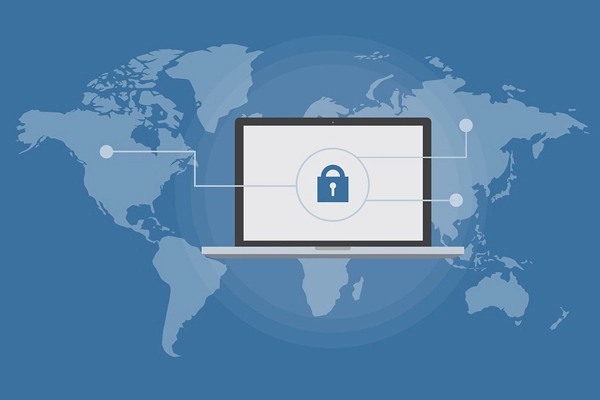Will it surprise you that more than 30,000 websites get hacked and breached each day? As we grow more reliant on the internet, more cybercriminals are also actively on the lookout for vulnerabilities they can exploit for their profit.
So, if you happen to own or run a website, know that your site is most likely at risk. Cybercriminals are no longer exclusively targeting big enterprises and organizations. In fact, more than 40% of cybercrimes today are targeted at small businesses and individuals.
These cybercriminals simply won’t stop trying to target your site, so the only option is to regularly improve your website security to protect it and your web server from hackers. In this guide, we will share some actionable tips on the topic.
First, however, let us discuss some common security threats that might threaten your website’s security.
Common Web Security Threats in 2021
1. DDoS (Distributed Denial of Service) Attacks
While there are various methods hackers can use to launch DDoS attacks, the objective is to overwhelm your web server (mainly with a high volume of requests) so it will significantly slow down your website or render the website offline completely. Thus, a DDoS attack will deny the users from accessing the website, hence the name ‘denial of service’.
After a successful DDoS attack, the attacker can hold the website to ransom, asking for a certain amount of money before ‘releasing’ the website. Or, a company might hire a hacker to launch DDoS on its competitor’s site.
DDoS attacks have been on the rise throughout 2020, making it a more threatening risk for all websites.
2. Viruses/Malware
This one is pretty self-explanatory, and malware infection is potentially the biggest threat to your website. More than 350,000 new malware is being created every day, and they can come in various types and behaviors, making them so difficult to handle.
Malware (or computer viruses, they are the same thing) can be used to access sensitive data on your website or turn your network/devices into a part of a botnet and can be used for botnet attacks.
3. Spam
Spam in the blog comment section, forms, and other areas on your websites is pretty common, and although they might seem harmless at first, they can hurt your website in the long run in at least two different ways:
First, they will ruin your audience’s user experience and might cause them to leave your site. Second, hackers often spam fraudulent links that might contain malware. Not only these spam links might be dangerous for your website visitors, but Google and the other search engines might also penalize your site for being not secure.
4. Account Takeover Attacks
If your website contains user accounts, hackers might use brute force attacks or credential stuffing attacks to gain access to users’ accounts and steal sensitive information (i.e. credit card details). Credential stuffing prevention solution like DataDome can you help protect your server and websites.
Website Security: What Is It?
Now that we’ve discussed some of the common security threats to your website, let us discuss the basic concept of website security so that we are on the same page.
Website security is an aspect of cybersecurity that can be defined as various efforts of defending your website from various cybersecurity attack vectors. It can involve setting up your infrastructure, implementing security best practices, and taking actions to help protect your system and the valuable/sensitive data included in it.
Implementing website security is very important mainly due to four reasons:
- Save more money in the long run
Many individuals and companies neglect website security due to the initial cost of investments. However, investing in website security is akin to buying an insurance policy. By ensuring your website, your web server, and your web visitors well-protected from various security threats, we can effectively protect our business from the losses caused by cyberattacks, including but not limited to:
- Increased wastes and operational costs: when your site is affected by cyberattacks, most likely it will disrupt your business (and revenue). If you are running an eCommerce site, for example, if your website is down, your customers will no longer be able to buy from you, leading to a (significant) loss. Also, repairing your damaged website and/or system can end up being more costly than your cybersecurity investment, as you might be required to replace some software and even hardware.
- Reduced business value: when, for example, your site is infected by malware and your visitors learn that their privacy and sensitive data are at risk by visiting your site, it can lead to long-term and even permanent damage to your reputation. This can affect your business’s performance in the long run.
- Penalty and legal issues: not only you might be penalized by Google and other search engines, but in the event of serious loss of consumer data, you also risk facing (expensive) legal issues.
- Website security=better performance
Even if you are extremely fortunate and your site isn’t affected by any cyber attack, cybersecurity best practices will help boost your site’s performance and user experience. For example, a spam-free comment section will ensure not only your visitor’s security but also optimal user-experience.
- It’s better safe than sorry
You can never predict when a cybercriminal launches an attack on your site, and some malware can remain undetected even when your site is already infected. It’s always better to protect your website properly rather than being sorry later.
